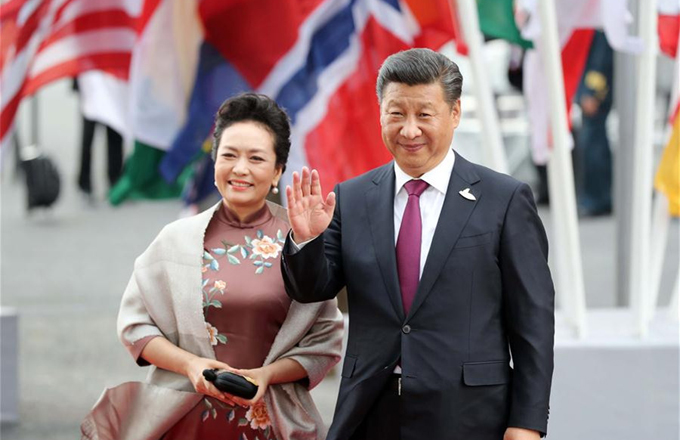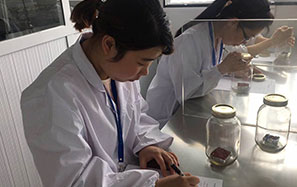Judicial progress highlighted
Top court issues report on wrongful convictions, illegally obtained evidence
China has been making efforts to correct wrongful convictions and remove evidence obtained illegally over the past few years, in a move to uphold justice by regulating legal procedures, China's top court said.
Chinese courts have corrected 34 wrongful convictions since 2013 and excluded evidence gained illegally in 2,765 criminal cases from 2014 to 2016, according to a judicial data report issued by the Supreme People's Court on Friday.

On Dec 2, for example, the top court declared Nie Shubin, a native of Hebei province who was executed for rape and murder in 1995, not guilty, saying he was wrongly convicted because of unclear and insufficient evidence.
The report also showed the number of cases in which illegally obtained evidence was excluded reached 1,036 in 2015, up 40 percent year-on-year.
"The figures and the cases reflect our determination to prevent unregulated procedures in handling criminal cases," said Hu Shihao, director of the top court's judicial reform office.
In addition, the highest judicial chamber issued a new regulation on the exclusion of illegally obtained evidence on June 27, banning confessions made under torture or duress and highlighting the prohibition of forced self-incrimination.
It was the first time that the top court outlined its achievements in judicial reform through a big data report, "and similar reports will be disclosed regularly in the future", said Sun Fuhui, chief engineer of the authority's information center.
The data platform collects information from 3,523 courts across the country and updates it every five minutes, she said, adding it has become the biggest legal information database in the world.
"We'll also fully use the platform to find problems in courts, helping judges make sensible decisions and providing better legal services for litigants," she added.



















